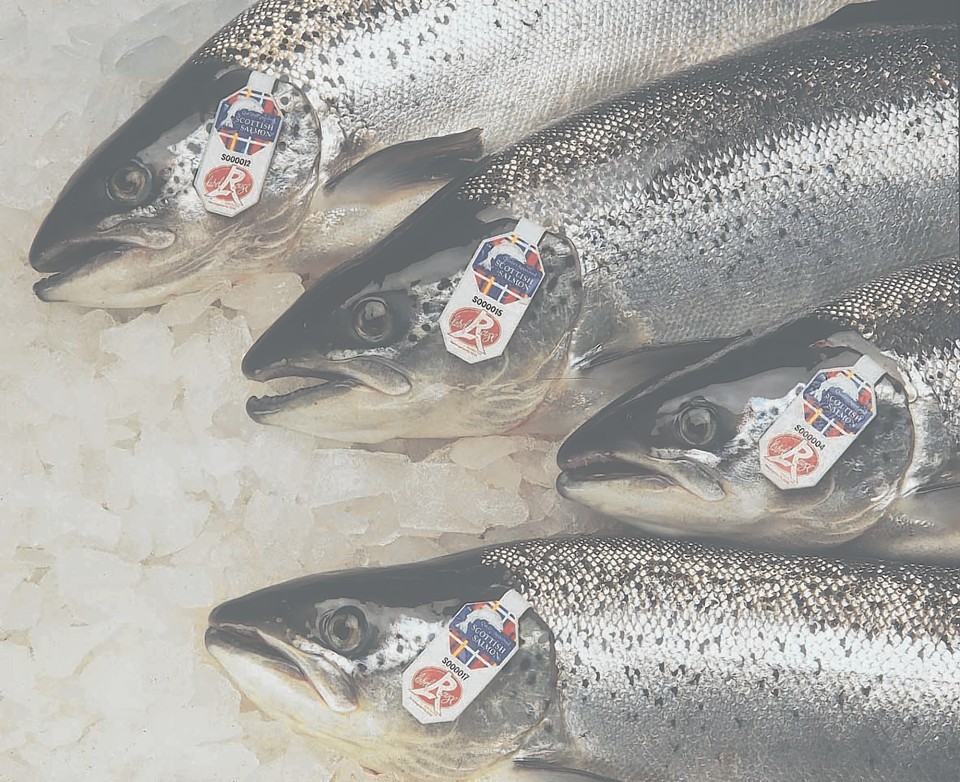Scientists say Scottish salmon farming could be boosted by the discovery of a genetic marker associated with resistance to a potentially devastating fish virus.
Their research into pancreas disease among salmon is expected to help breeders select fish with greater resilience to the infection behind it.
Their goal is to reduce losses and improve standards of welfare in the production of one of Scotland’s best-known exports.
Gene discoveries relating to a different viral disease – infectious pancreatic necrosis – are already saving the UK industry around £26million each year.
Scientists led by Edinburgh University’s Roslin Institute looked at commercial Atlantic salmon stocks that survived an infection of salmonid alphavirus, which can lead to pancreatic disease.
They found that half of the observed variation in resistance to the disease can be explained by genetic factors that are passed from one generation to the next.
One particular part of the salmon’s genetic make-up is responsible for almost a quarter of this variation.
This genetic marker – called a QTL – is now being added to genetic tests that are used to help select the best fish for use in breeding programmes.
Pancreas disease is one of the most problematic infectious diseases of Scottish farmed salmon and responsible for major economic losses to the industry.
Outbreaks have a significant impact on the welfare of the fish and can be fatal.
Vaccines are only partially effective, although management techniques can also help to minimise the spread and impact of infection.
Scientists say the ability to breed fish stocks that are more resistant to the virus would significantly improve efforts to control the disease.
Ross Houston, of the Roslin Institute, said: “Based on these results, it is possible to take a small sample of fin tissue from a salmon, study its DNA and make accurate predictions on whether it is likely to produce offspring that have high resistance to salmonid alphavirus.
“Breeding from fish that are more resistant has the potential to make a significant positive contribution to controlling disease outbreaks.”
